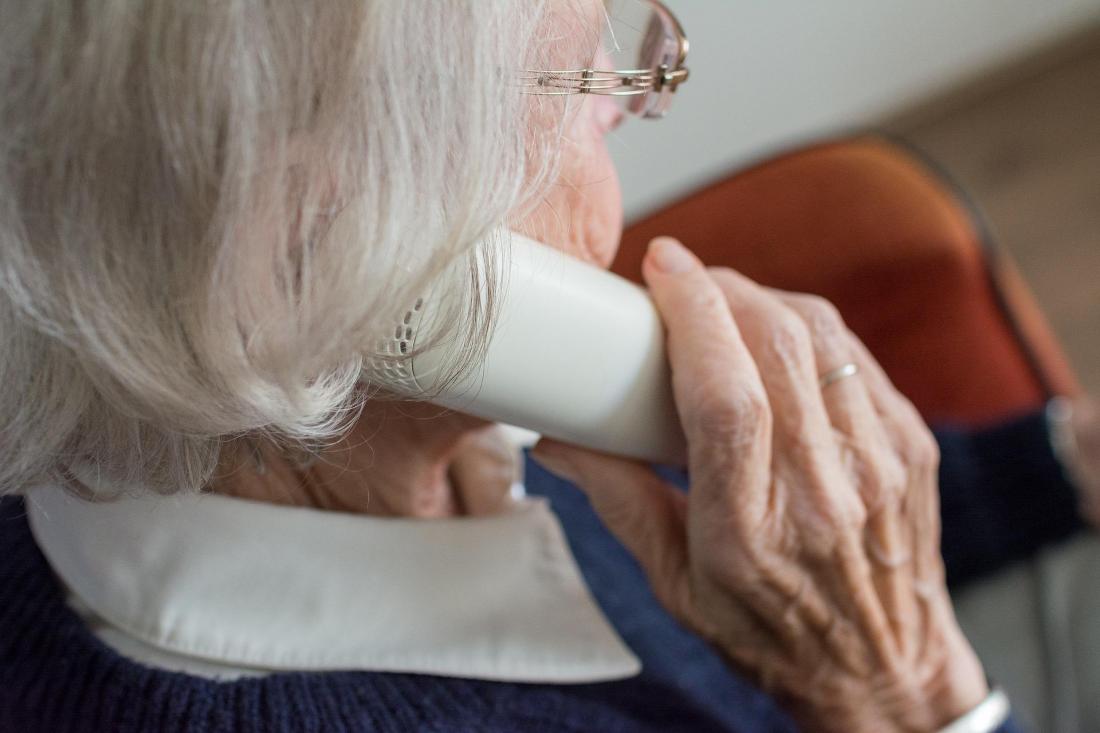Egypt’s technical agents begin with their training to become an essential part of TEC-MED project’s pilot stage

Egyptian stakeholder, one of the main teams working together to improve the world for the elderly in the Mediterranean Basin, is in the middle of one of the most important parts in TEC-MED project: building the training agents team. With this training, all the technical agents will be capable of describing the project objectives and status, explaining the TEC-MED model and its dimensions, explaining the action plan and the capacity building plan, sharing the needed information for the pilot implementation, and evaluating all the implementation.
The training was composed by nine sessions of different duration, with a total number of 38 hours of formation. All the participants learnt about the understanding of the TEC-MED project and its model, deepening into the capacity building and action plan of Egypt. Besides that, they also did a comprehensive approach to the TEC-MED’s platform, with all the tools and scales that were useful to perform the interviews and interventions. The training ended up with a wrap up and evaluation session.
Of course, all the interested into becoming a technical agent were informed properly about the job description that consisted of the following: the training agent will be trained to implement a model related to the social care of older adults and collect data from the field. In addition, he or she will become a trainer for other potential trainees, being expected to implement social-care interventions with older adults after they complete their training. In numbers, each training agent was informed that they were expected to spend from 30 minutes to 1h of social-care intervention at home per patient every 3 months. Also, they should visit around 8 patients a day, for 5 days a week (40 patients/week) which totals to 784 patients/year. Furthermore, they were expected to do an initial assessment and intervention that will be followed by 2 follow-ups every 3 months.
The aforementioned intervention is expected to have to main components: the assessment component, which includes screenings using agreed scales integrated on the platform, and the intervention component, which is going to be based on the results of the assessments.
Close monitoring and evaluation from the country manager, social and health professionals, and training agents were done weekly and then bi-monthly meetings were required to make sure all issues were being resolved and activities were implemented smoothly and correctly. Interviews were conducted in the local language and the training agents used a series of questions that were need validated by all partners.
As we already know, TEC-MED project “Development of a Transcultural social-ethical-care model for dependent populations in the Mediterranean basin and or at risk of social exclusion is an innovative, integrated and patient-centered care model”, which is implemented in six Mediterranean countries: Spain, Lebanon, Tunisia, Greece, Egypt, and Italy.









